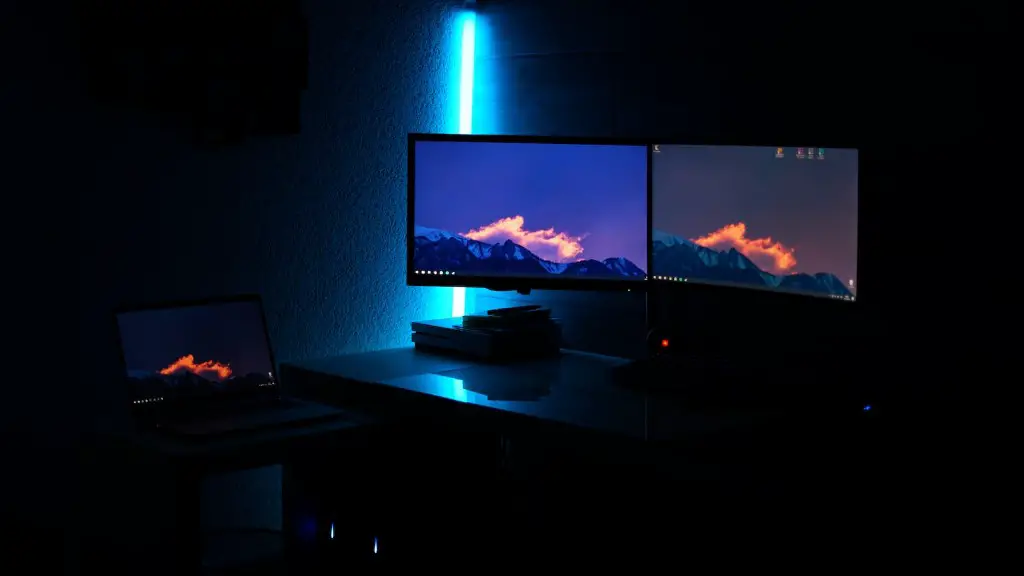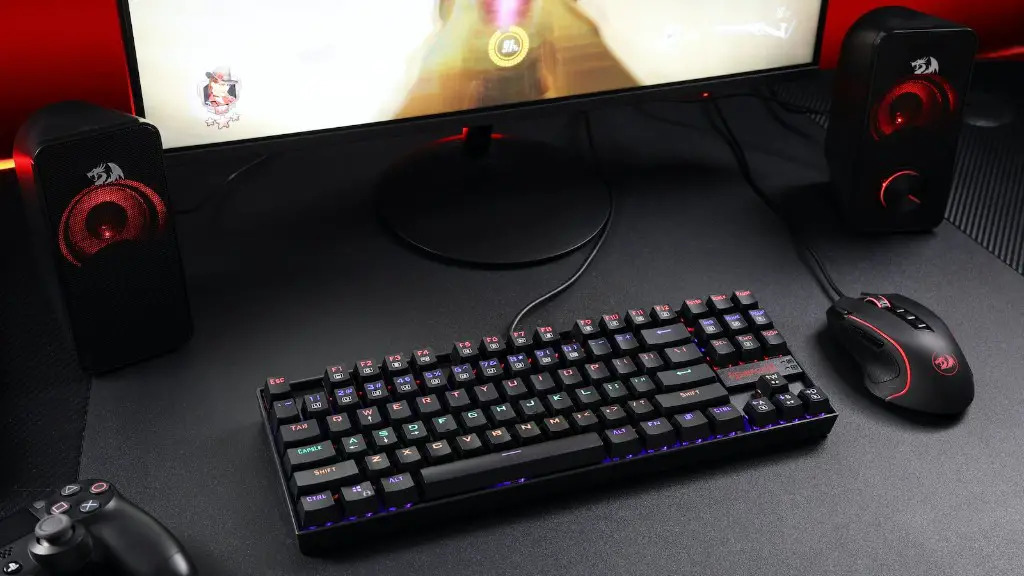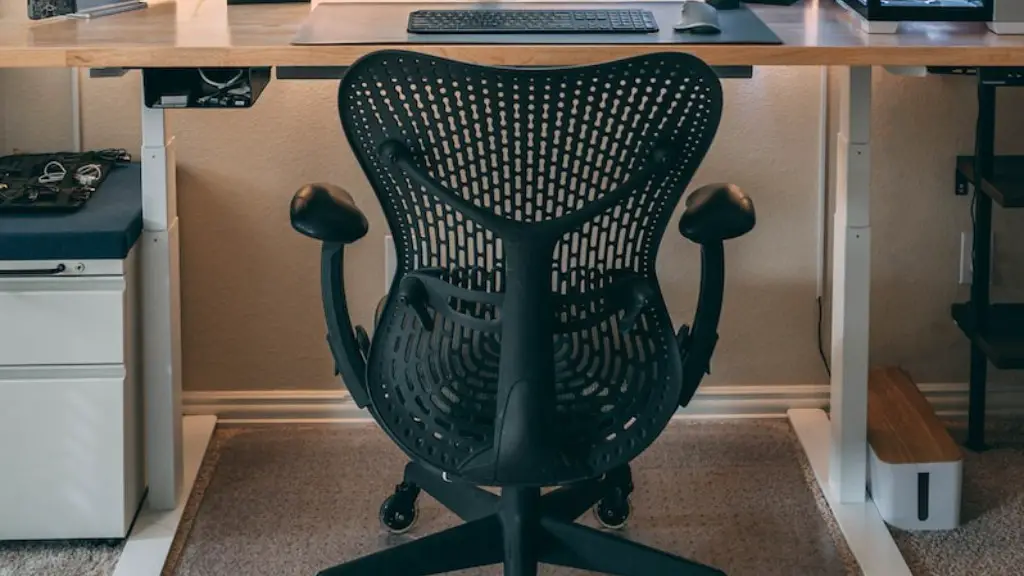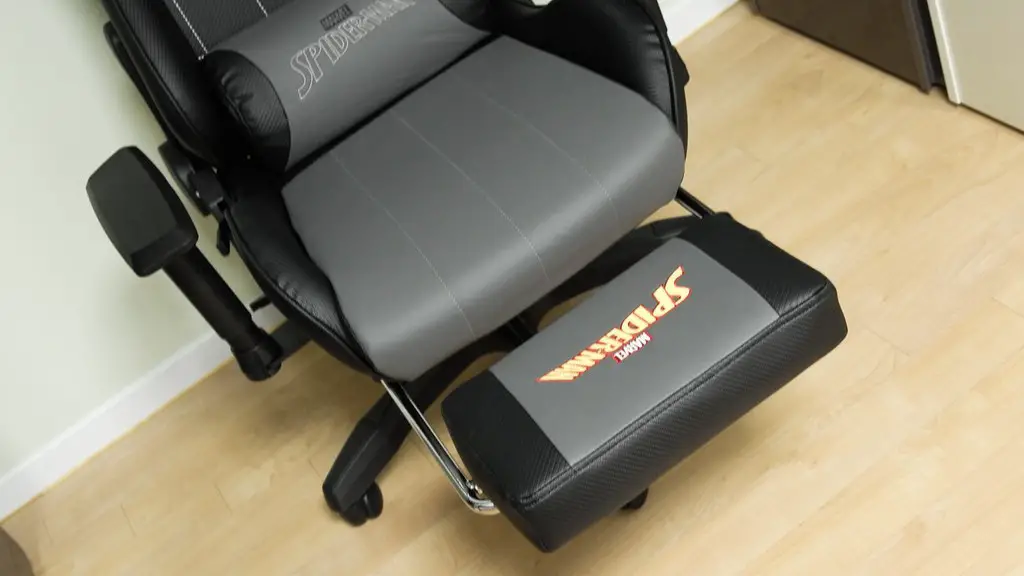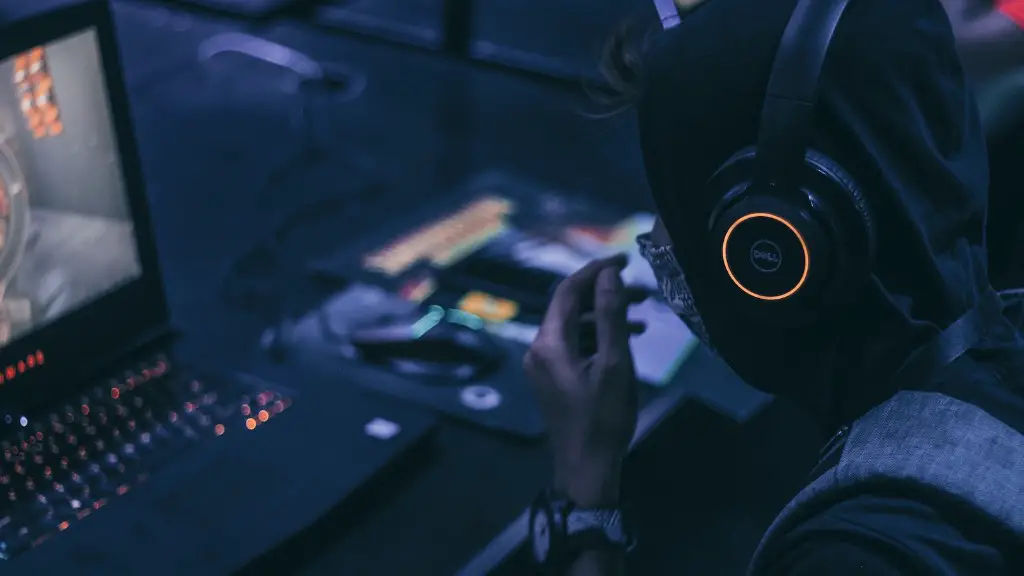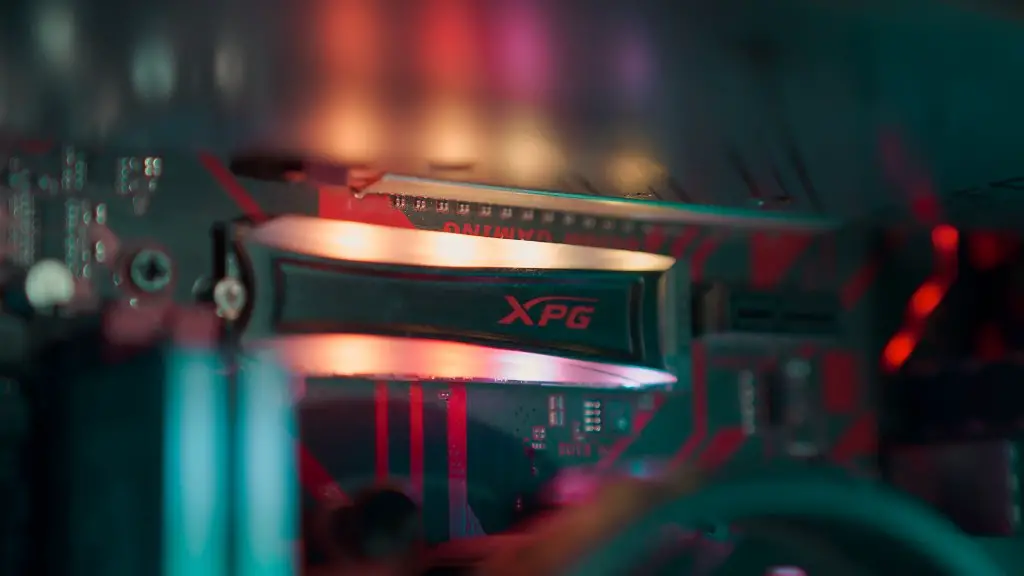When gaming, a PC needs to be properly cooled to ensure maximum performance and longevity. If your computer overheats, it can cause severe damage and reduced performance. So, how do you keep your gaming PC cool? Let’s discuss.
Firstly, make sure to keep your gaming area well ventilated. Poor air circulation can lead to rising temperatures, and installing extra fans can help cool the air inside your gaming setup. It’s also important to ensure that all your internal components are properly spaced and leaving enough room for air to flow around them.
Secondly, dust can accumulate inside and around your machine, clogging up fans and heat pipes. Clean your PC regularly using compressed air and a soft cloth, and don’t forget to check the heatsink and fan blades to make sure they’re dust-free. If you don’t feel comfortable doing this, it’s best to take your PC to a qualified tech who can do the job properly.
Thirdly, check your BIOS settings. Some machines have settings which can enable automatic CPU throttling when temperatures reach a certain threshold. This is designed to protect your machine from damage, but slowing the processor down can have a huge impact on performance.
Fourthly, consider investing in heat-sensitive equipment. Using heat sink paste between the CPU and fan is a great way to keep your processor from overheating. Make sure that your fans are positioned to actively draw cooler air in, and be sure to replace them regularly.
Fifthly, use original cooling systems. Many gaming manufactures now pre-install custom cooling systems for their machines. Especially with gaming laptops, make sure you’re using the software and internal components supplied by your manufacturer.
Finally, monitor your PC’s temperatures. Working out how much cooling your machine needs doesn’t have to be difficult. Use a reliable temperature monitoring program to check the temperature of your CPU and other components. If your temperatures are too high, take action to ensure they don’t get any worse.
Graphic Cards
When it comes to keeping gaming PCs cool, graphics cards are often the most overlooked topic. Insufficient cooling for your GPU can cripple performance as much as improperly cooled CPU or other hardware. Make sure to keep the entire card free from dust, as dust can block air from efficiently dissipating from around the card.
Look for a card with a larger-than-normal fan, as well as multiple heat pipes. Many modern graphics cards now come with dedicated fans and cooling systems, so you can stay gaming for longer for worry of overheating.
A cooling pad is also a great idea. There is no shortage on the market, from small, budget-friendly models to massive air coolers that provide plenty of cooling. Also, if you plan on adding extra fans, make sure they’re of the same size and speed as the stock fans as this helps maintain a consistent cooling system. Finally, it’s essential to run your graphics card at the manufacturer’s recommended settings, as overclocking can increase temperatures and put extra strain on your PC.
Heatsinks and Fans
For additional cooling, a heatsink can help draw heat away from the processor and other components. Heatsinks are available in various sizes, with larger ones often offering superior cooling efficiency. When mounting a heatsink, remember to use a thermal paste to separate the components from the heatsink and promote better heat dissipation.
Positioning fans correctly is imperative for proper cooling. Make sure that hot air can properly flow out of your system, and if your fans are blowing towards the back or the side of your case, this can help keep air from staying stagnant. Try to arrange them in a way that allows for the largest amount of airflow, and always use filtered or dust-resistant fans to keep your system clear.
Furthermore, if you decide to buy new fans, make sure they match the existing models as closely as possible as this helps maintain a consistent cooling system. It’s also important to check the CFM rating of a fan to ensure it is running at the recommended speed.
Finally, take advantage of liquid cooling. Comprehensive liquid cooling systems are quite expensive and use more power, but they can provide superior cooling and performance compared to traditional fans. If your machine uses a large number of fans, a liquid cooling system can mean superior cooling when compared to conventional systems.
Power Supplies
Your power supply can also play a role in the temperature of your gaming setup. If your machine is powerful enough, make sure to buy a good quality power supply with a larger power capacity. This can help in reducing the amount of heat generated from your machine.
If possible, invest in a power supply with a modular design. This allows you to link your power supply directly to your gaming system, reducing the amount of internal wiring and helping to draw more power efficiently. This can also increase the airflow within your gaming setup, helping to reduce temperatures.
Additionally, if your power supply does not come with a fan, be sure to purchase one to keep your gaming setup cool. Preferably, get one designed for gaming rigs, as it will come with a larger capacity power rating and more efficient cooling.
Finally, it is also important to think about your wiring. Too many wires can block airflow and cause your computer to overheat. Make sure to keep your system as organized as possible and try to keep cables out of the way.
Surrounding Environment
The area that your PC is in can also affect the cooling system of your setup. Placing your PC in an enclosed area or an area where there is no ventilation can drastically reduce its cooling capabilities. Whenever possible, make sure your gaming setup is in an area where air can flow freely and that there is enough space around your machine.
Also, exposure to direct sunlight may also increase the heat inside your machine, so it is best to avoid having your gaming PC in direct sunlight, especially during the hot summer months.
Finally, if you feel that your PC is not receiving enough air circulation, try installing extra fans to help draw cooler air into your system. This is especially important if your machine is behind a desk, as these areas can be prone to overheating.
Temperature Monitoring Programs
Finally, to keep your PC running cool you should use a reliable temperature monitoring program. Many of these programs provide real-time feedback about the temperature and performance of your system, as well as giving out alerts when temperatures reach a critical point. This is a great way to stay ahead of potential heat-related problems before they occur.
In conclusion, keeping your gaming PC cool is vital to ensure maximum performance and longevity. Make sure to take the steps we’ve outlined in order to properly maintain your PC and keep your games running at peak performance.
